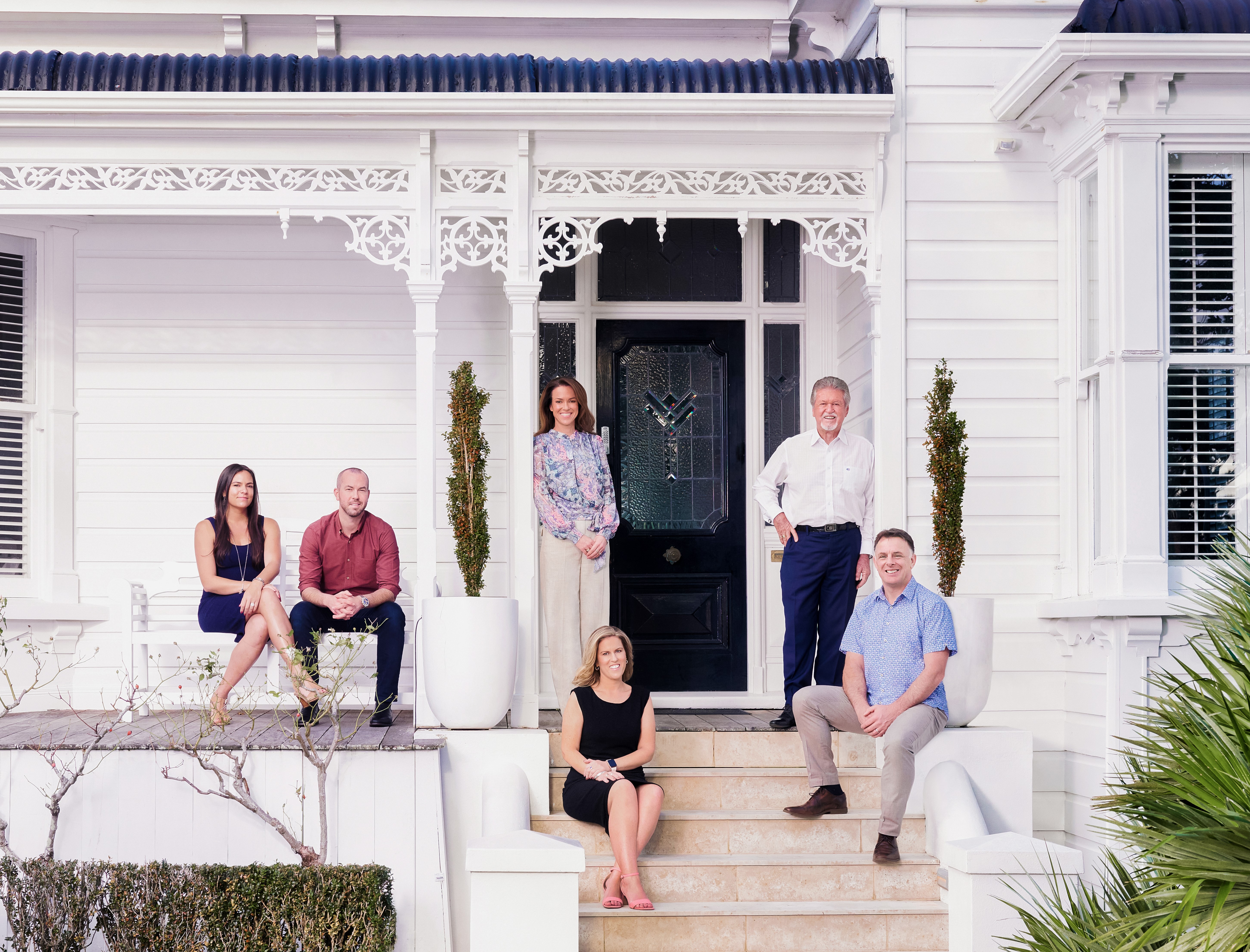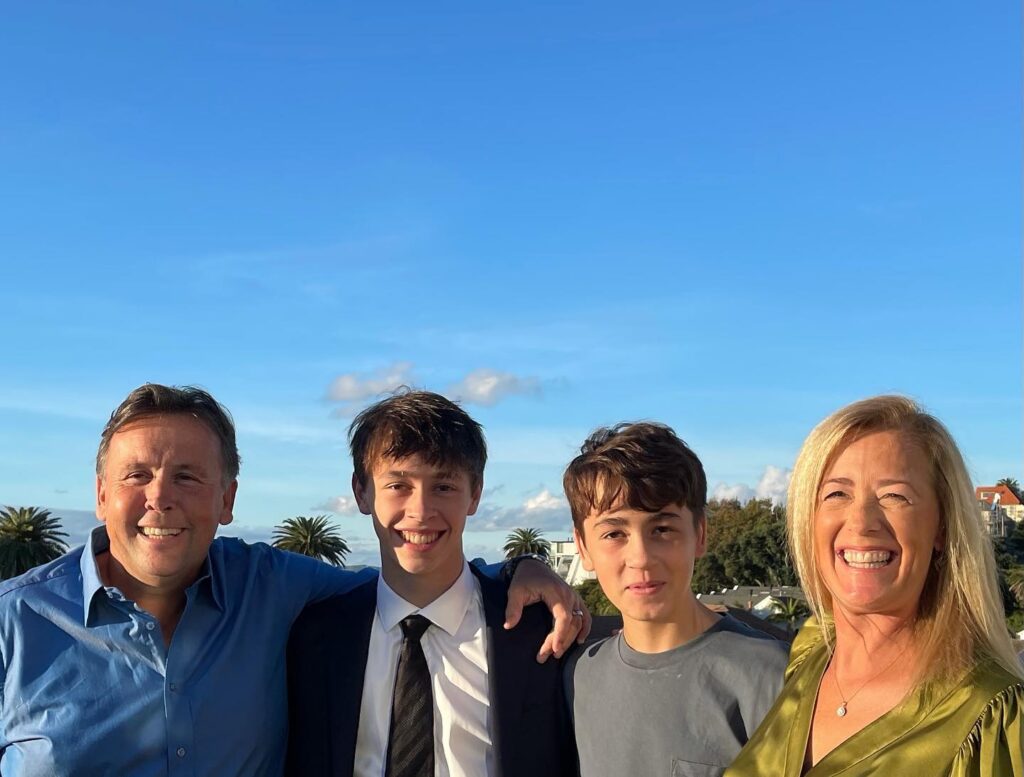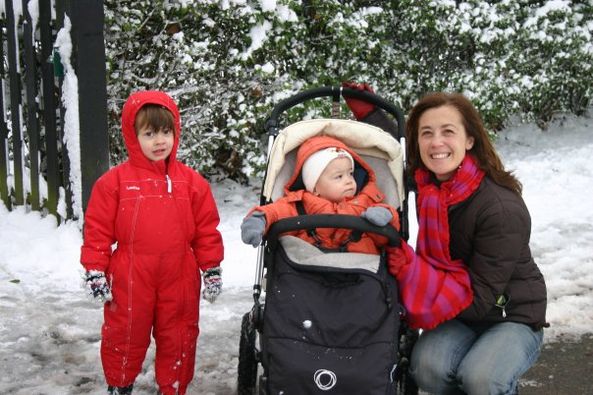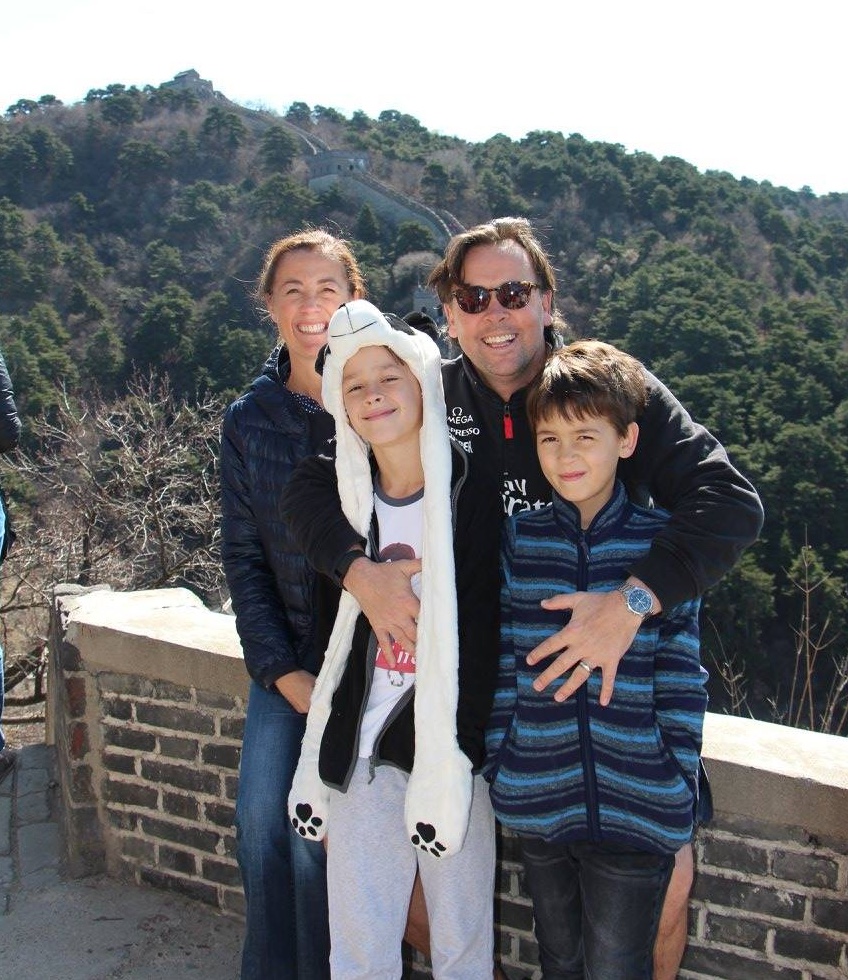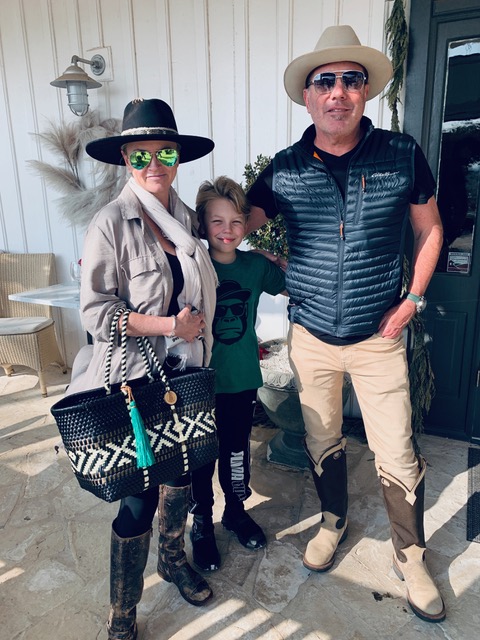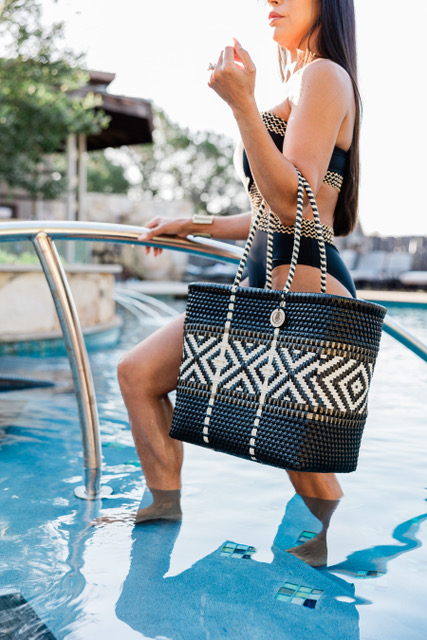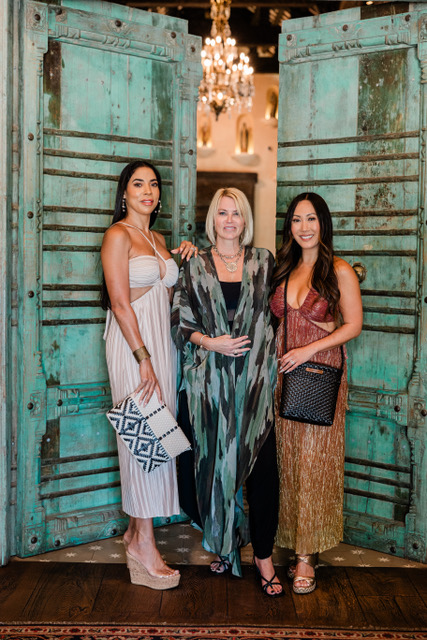Forming the basis for leadership
Graham and Raewyn met at University and later married when they were both at teacher’s college. Graham spent over two decades as a teacher and school principal before transitioning to professional rugby coaching in the mid-1990s. Raewyn, too, balanced her roles as a teacher, coach, and dedicated mother, eventually becoming a prominent coach in netball both in New Zealand and internationally. Their shared experiences in education laid a solid foundation for their leadership philosophies. At Auckland Grammar School, Graham faced the challenge of managing a hostel with 100 boys, honing his skills in leadership and accountability. When he moved to Kelston Boys’ High School, he cultivated a strong sense of purpose among his students and staff. This approach would later inform his coaching style, where he emphasised collaboration and shared responsibility.
- Creating a Culture of Ownership
One of the central tenets of Graham and Raewyn’s philosophy is the importance of ownership within a team. Raewyn explains, “When I coached the Welsh national netball team it wasn’t my team; it was our team. This collaborative mindset not only empowers individuals but also fosters a sense of belonging. In her coaching role, Raewyn prioritised personal development alongside athletic training, helping players achieve their goals, whether on the court or in life.
For businesses, this means cultivating an environment where every team member feels valued and has a voice. By encouraging open communication and collaboration, leaders can create a culture where everyone is invested in the company’s success.
- High Expectations and Accountability
Both Graham and Raewyn believe in setting high expectations while maintaining a humble approach. Graham, during his time with the All Blacks, emphasised the need for simplicity in culture. He stated, “If it gets too complex, it’s not going to happen.”
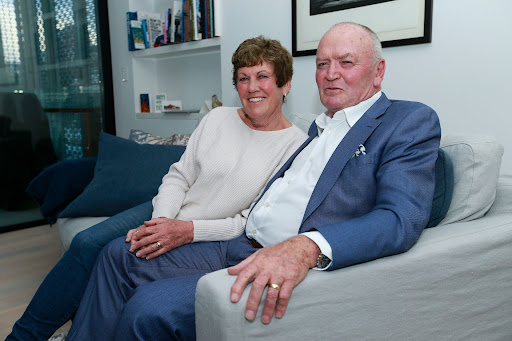
Clear goals and accountability measures allow teams to focus on what truly matters. Graham believes leaders should articulate their vision and ensure that all team members understand their roles in achieving it. Encouraging senior members to mentor younger colleagues further strengthens this accountability and fosters growth, something Graham saw as instrumental during his time with the All Blacks.
Raewyn stresses the value of mentorship, particularly for younger team members. “Looking after the young guys, helping them learn from adversity—this is essential,” A commitment to nurturing talent fosters resilience, ensuring that the team can learn from setbacks rather than be defined by them.
- Connecting with the Community
Graham and Raewyn understand that success is not just about the game; it’s about connecting with the community. Leading up to the 2011 Rugby World Cup, the All Blacks engaged with small towns across New Zealand, fostering a deep connection with their fans. This outreach was a powerful reminder that teams thrive when they build relationships beyond their immediate circles. Creating a brand that resonates with people fosters loyalty and strengthens team identity.
- Adapting and Evolving
Both coaches have shown a remarkable ability to adapt their strategies based on their experiences. Graham transitioned from a directive coaching style to one that empowered his players to take ownership of their performance. This shift is crucial for businesses in today’s fast-paced world, where adaptability and innovation are key.
Raewyn’s approach to coaching was similarly transformative, emphasising inclusion and collaboration, particularly in her role with the Welsh netball team. By valuing diverse perspectives and fostering an inclusive environment, she cultivated a team spirit that drove success.
- The Legacy of Humility and Growth
Graham and Raewyn success stems from their commitment to humility and continuous improvement. They instilled a culture where cleaning up after games was part of their legacy—an enduring reminder of staying grounded and focused. Acknowledging mistakes, valuing team contributions, and maintaining a focus on growth are essential for long-term success.
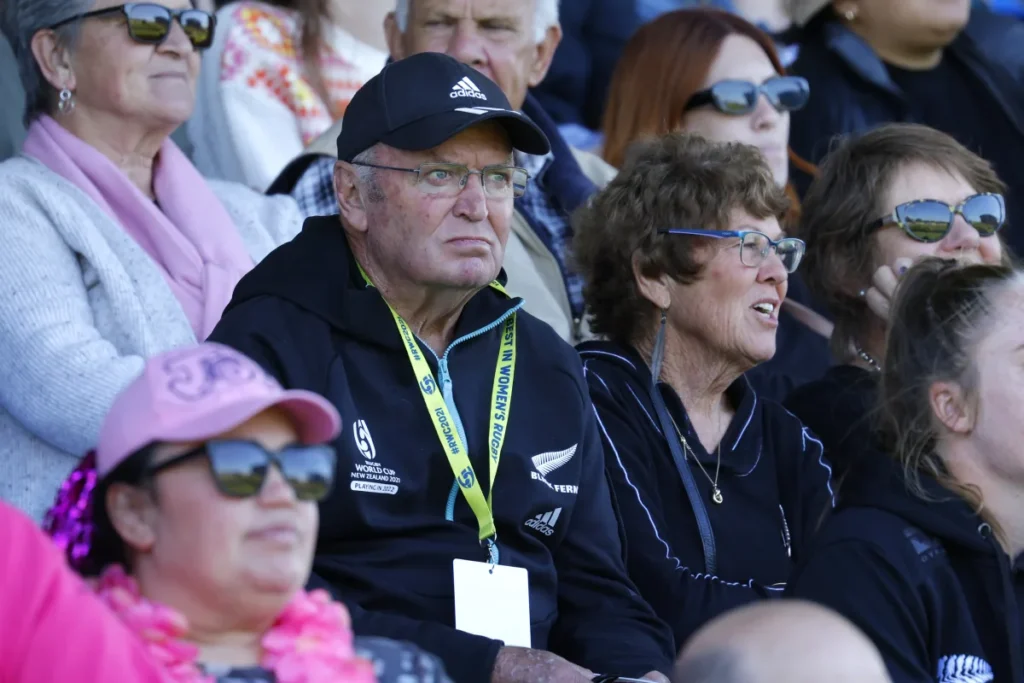
- The Importance of Collective Purpose
Graham emphasises the significance of a shared vision among team members. He recalls a pivotal moment: “It wasn’t just me dictating orders; it was about creating an agreement within the whole team.” This collaborative approach ensured that their purpose was more than mere rhetoric—it became a lived reality.
In businesses, leaders can take a page from this playbook. Establishing a clear, collective goal fosters ownership and commitment. It’s crucial for team members to feel included in the decision-making process. When everyone contributes to the vision, they are more likely to invest their efforts wholeheartedly, leading to greater productivity and satisfaction.
- Continuous Engagement and Vulnerability
A key component of the Henrys’ methodology is continuous engagement. Graham notes the importance of regular communication, especially through leadership meetings that encouraged vulnerability and honesty. “People got very vulnerable in those meetings, they spoke from the heart about what was stopping us from being the best.”
This level of openness not only builds trust but also enables teams to address challenges directly. In a business context, fostering an environment where employees feel safe to express concerns can drive innovation and problem-solving. Leaders should cultivate this culture, as it can transform how teams collaborate and adapt to challenges.
- Building a Brand
Both Graham and Raewyn have witnessed the evolution of rugby brands in New Zealand and abroad. Graham reflects on the All Blacks’ legacy, which boasts a remarkable success rate and a rich history. “The players know the legacy, and they want to add to it,” he shares.
This idea of brand identity is equally crucial in the business realm. A strong brand tells a story, one that resonates with both employees and customers. Businesses should focus on their unique values and heritage, leveraging these elements to create a brand that employees are proud to represent. This pride can lead to greater loyalty and better performance.
- Adapting to Change
The landscape of sports—and by extension, business—is constantly evolving. Graham believes it’s always important to be adaptable. “We need to adapt to keep the game relevant,” Plan for the unexpected. This adaptability is critical in any organisation. Leaders must be proactive in recognizing shifts in their industry and adjusting strategies accordingly, whether it’s through embracing new technologies or evolving workplace cultures.
The lessons gleaned from Graham and Raewyn Henry’s experiences in rugby offer valuable insights for business leaders aiming to build strong, effective teams. By fostering a shared purpose, maintaining continuous engagement, prioritising mentorship, and cultivating a strong brand, organisations can create an environment where both teams and individuals thrive.

 MENU
MENU

